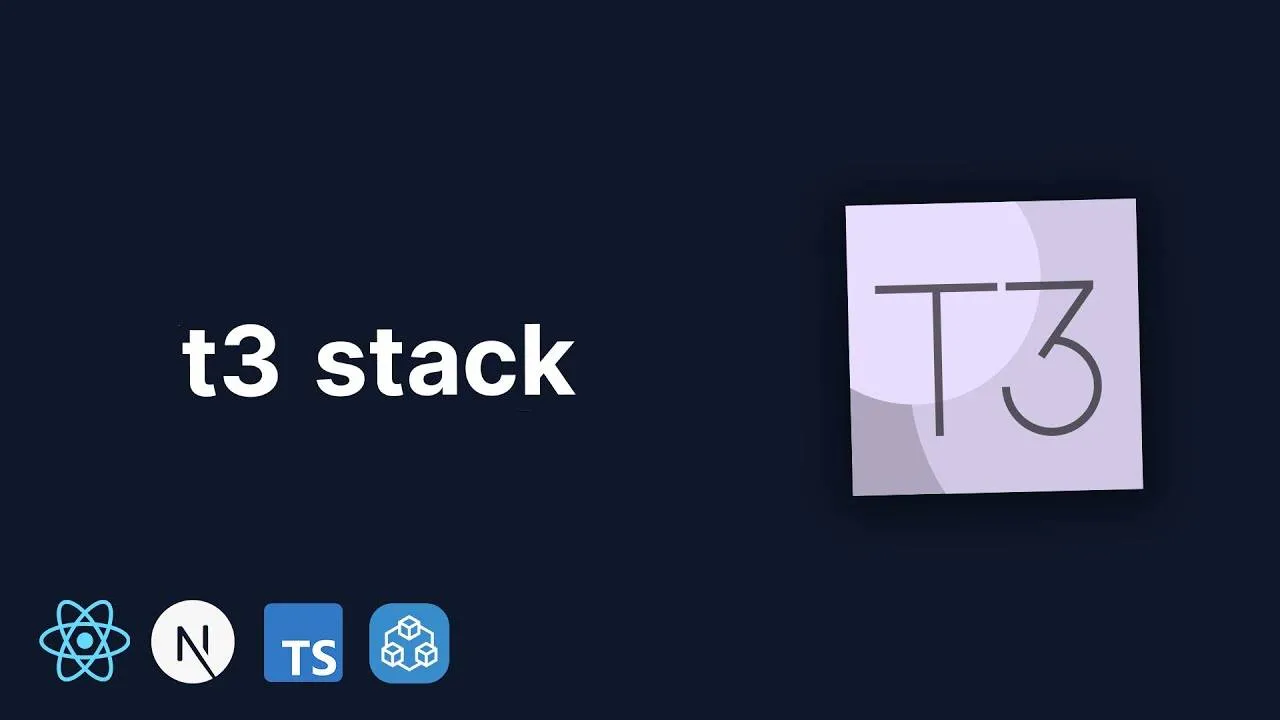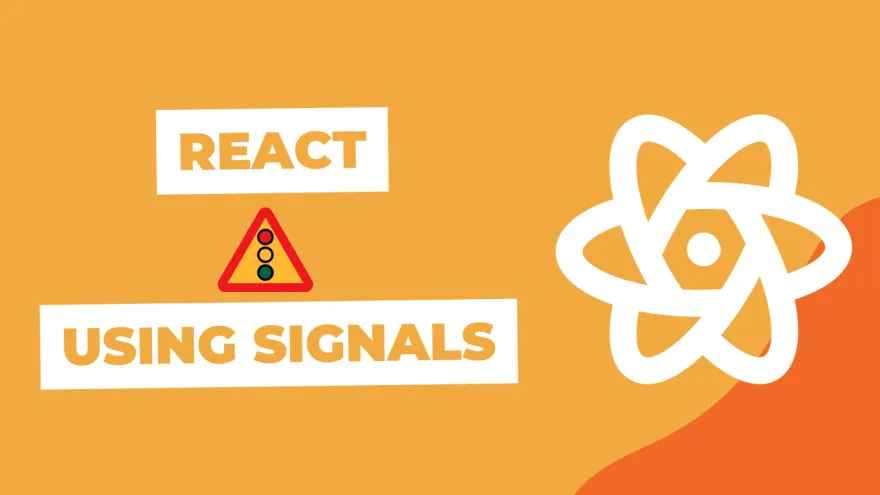
Yashika
Digital Marketing Executive
Artificial intelligence (AI) has emerged as a game-changer for enterprises, offering transformative potential across various business functions. From streamlining operations to enhancing customer experiences, AI can significantly boost business performance. However, to fully harness the power of AI, it is crucial to evaluate and optimize these solutions effectively. This blog delves into the strategies for evaluating and optimizing enterprise AI solutions, ensuring your organization reaps maximum benefits.
Understanding the Need for Enterprise AI Solutions Evaluation
Why Evaluate?
Evaluating enterprise AI solutions is essential for several reasons:
- Aligning with Business Goals: Ensuring that AI initiatives align with your organization's strategic objectives is critical. Evaluations help confirm that the AI solutions contribute to achieving these goals.
- Maximizing ROI: Investments in AI can be substantial. Proper evaluation helps in assessing the return on investment (ROI) and ensuring resources are utilized efficiently.
- Ensuring Scalability: As businesses grow, so do their data and operational needs. Evaluations ascertain whether AI solutions can scale alongside the organization.
- Mitigating Risks: Evaluations help identify potential risks, including technical, operational, and ethical issues, ensuring they are addressed proactively.
Characteristics of Effective Evaluations
To be effective, evaluations should possess the following characteristics:
- Comprehensive: Evaluations should cover all aspects of AI solutions, including technical performance, business impact, user experience, and ethical considerations.
- Objective: They should be unbiased, relying on quantitative data and empirical evidence rather than subjective opinions.
- Periodic: Regular evaluations ensure that AI solutions remain relevant and continue to deliver value over time.
- Actionable: The outcomes of evaluations should lead to clear, actionable insights and recommendations.

Challenges in Evaluating Enterprise AI Solutions
Evaluating the performance and effectiveness of enterprise AI solutions is a complex but essential task that goes beyond traditional model evaluation methods. To ensure a comprehensive and meaningful assessment, it’s important to navigate these challenges effectively.
- Complexity of Enterprise Data and Use Cases: Enterprise data is often highly domain-specific, with industry jargon, proprietary terminology, and intricate processes. This complexity poses a significant hurdle in developing relevant evaluation benchmarks and test cases that accurately reflect real-world scenarios. Furthermore, enterprise use cases can be extremely diverse, ranging from customer service to risk analysis, supply chain optimization, and beyond. Crafting evaluations that capture the nuances of each application area is challenging.
- Data Quality and Availability: The quality and availability of data are crucial for AI performance. Poor data quality, characterized by missing values, errors, and inconsistencies, can significantly skew evaluation results. Additionally, data availability issues, such as insufficient historical data or restricted access to certain datasets due to privacy concerns, can hinder the evaluation process.
- Dynamic Nature of AI Models: AI models are not static; they evolve with new data and changing environments. This dynamic nature means that a model performing well today might degrade over time if not properly monitored and updated. Evaluating AI solutions, therefore, requires continuous performance tracking and periodic re-evaluations to ensure sustained effectiveness.
- Bias and Fairness: AI models can inadvertently perpetuate or even amplify biases present in the training data. Ensuring fairness and mitigating bias is a significant challenge in AI evaluation. Identifying and addressing bias requires thorough analysis and testing across diverse datasets to ensure the model's decisions are equitable and just.
- Integration with Existing Systems: Evaluating how well AI solutions integrate with existing enterprise systems is crucial. Poor integration can lead to disruptions, inefficiencies, and reduced overall effectiveness. Assessing integration involves understanding the compatibility of AI solutions with current workflows, systems, and technologies.
Approaches to Evaluating Enterprise AI Solutions
Several approaches can be adopted to evaluate AI solutions effectively:
- Performance Metrics: Standard metrics such as accuracy, precision, recall, and F1-score are commonly used to evaluate the performance of AI models. These metrics help in quantifying the effectiveness of the AI solution. For example, in a customer service chatbot, precision and recall metrics can indicate how accurately the chatbot understands and responds to customer queries.
- Cost-Benefit Analysis: This approach involves comparing the costs of implementing and maintaining AI solutions against the benefits they provide, such as increased revenue or reduced operational costs. A comprehensive cost-benefit analysis helps in determining the overall value and feasibility of AI solutions within an enterprise context.
- User Feedback: Gathering feedback from end-users helps in understanding the usability and effectiveness of AI solutions from a user's perspective. User feedback can reveal insights into how well the AI solutions meet user needs, identify areas for improvement, and highlight any issues or frustrations experienced by users.
- Ethical Audits: Conducting ethical audits ensures that AI solutions adhere to ethical standards and do not perpetuate biases or unfair practices. Ethical audits involve assessing the AI solutions against criteria such as fairness, accountability, transparency, and privacy, ensuring they operate in an ethical and socially responsible manner.

How to Evaluate Enterprise AI Solutions
To evaluate enterprise AI solutions effectively, follow these steps:
- Define Clear Objectives: Establish what you aim to achieve with your AI solutions. These objectives should align with your business goals and be specific, measurable, achievable, relevant, and time-bound (SMART). Clear objectives provide a foundation for focused and meaningful evaluations.
- Select Appropriate Metrics: Choose metrics that accurately reflect the performance and impact of your AI solutions. For instance, if your goal is to improve customer satisfaction, metrics like Net Promoter Score (NPS) or customer retention rates could be relevant. Selecting the right metrics ensures that evaluations are aligned with your objectives.
- Conduct Baseline Assessments: Before deploying AI solutions, conduct baseline assessments to understand the current state of affairs. This will help in measuring the impact of AI solutions post-implementation. Baseline assessments provide a reference point for comparing pre- and post-deployment performance.
- Implement Continuous Monitoring: Establish a system for continuous monitoring of AI solutions. This involves tracking performance metrics, user feedback, and other relevant data points regularly. Continuous monitoring ensures that any issues or deviations are promptly identified and addressed.
- Perform Periodic Reviews: Schedule periodic reviews to reassess the performance and impact of AI solutions. Use these reviews to identify areas for improvement and make necessary adjustments. Periodic reviews ensure that AI solutions remain effective and relevant over time.
- Engage Stakeholders: Involve all relevant stakeholders, including business leaders, technical teams, and end-users, in the evaluation process. Their insights and feedback can provide valuable perspectives. Engaging stakeholders fosters collaboration and ensures that evaluations are comprehensive and inclusive.
- Leverage Third-Party Expertise: Consider engaging third-party experts for an unbiased evaluation of your AI solutions. External audits can provide a fresh perspective and identify blind spots. Third-party expertise can enhance the credibility and thoroughness of the evaluation process.
- Document and Share Findings: Document the evaluation process and findings comprehensively. Share these insights with relevant stakeholders to inform decision-making and foster a culture of continuous improvement. Transparent documentation ensures that evaluations are systematic and results are accessible to all concerned parties.
Conclusion
Evaluating and optimizing enterprise AI solutions is crucial for maximizing their potential and ensuring they deliver value. By understanding the need for evaluation, recognizing the characteristics of effective evaluations, overcoming challenges, and adopting a structured approach, organizations can enhance their AI initiatives. Remember, continuous evaluation and optimization are key to staying ahead in the ever-evolving AI landscape.
Embrace these strategies to unlock the full potential of AI in your enterprise, driving innovation and achieving your business goals with confidence.













